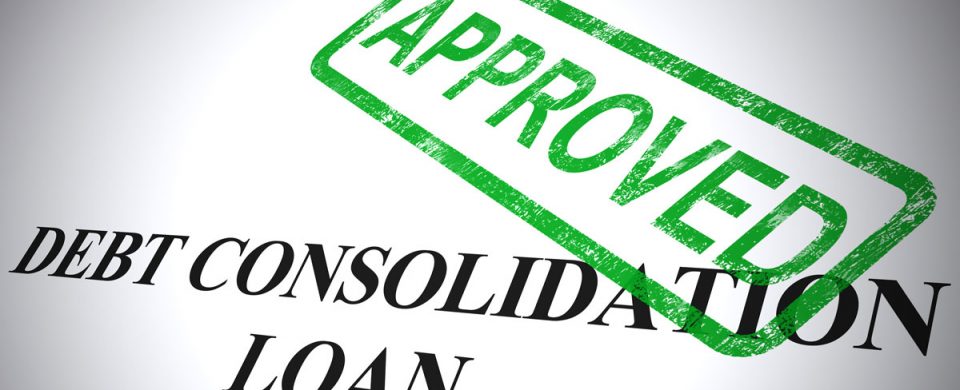SETTLE YOUR DEBTS SIMPLY AND START YOUR LIFE OVER!
Complete the form for expert advice, WITHOUT commitment.

GET YOUR QUOTES FOR CONSOLIDATION OF YOUR DEBTS
Fill out the form and a reputable professional will contact you as soon as possible.

BY CLICKING “Get my solution” you accept the terms and conditions.
Consolidate debts into your Mortgage to save on interest
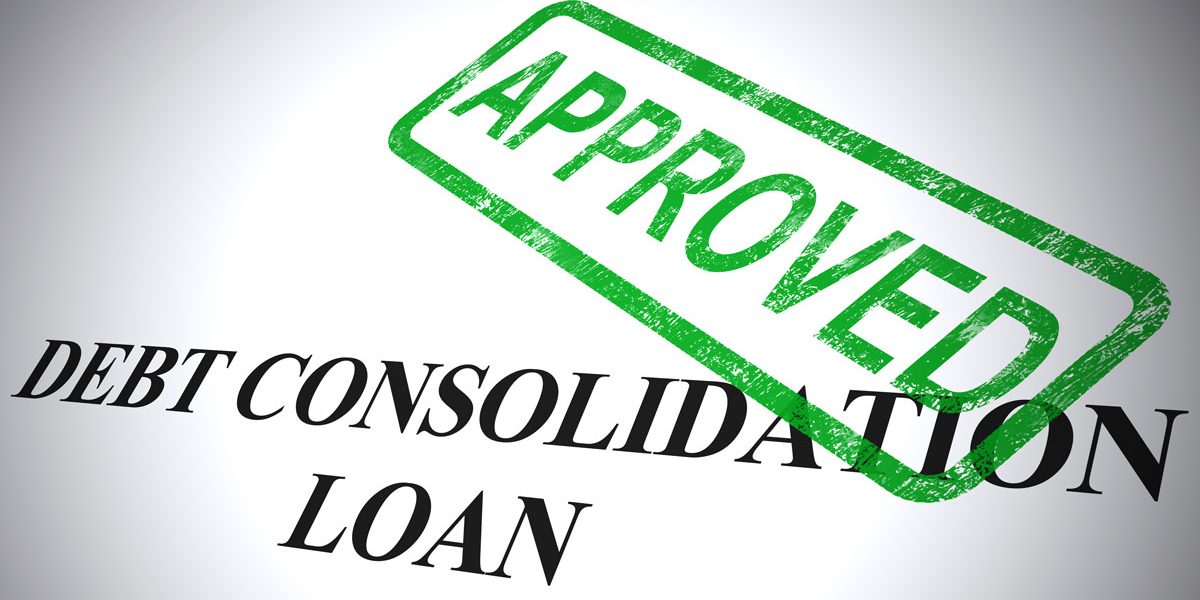
If you have heard about consolidating debts into your mortgage and want to know how it works, you are in the right place.
This method can potentially save you thousands of dollars on interest payments (credit cards, personal loans, etc.) because the rate of your mortgage should be lower.
It sounds like a win-win situation but you should understand it clearly to ensure you are doing it for the right reasons and most importantly, that doing so will improve your financial situation.
First of all, you should know that consolidating your debt into your mortgage can cost you. Let us show you how it works.
To see if this is a good solution for you, fill out the form on this page to connect with our partner mortgage brokers.
How does debt consolidation into a mortgage work?
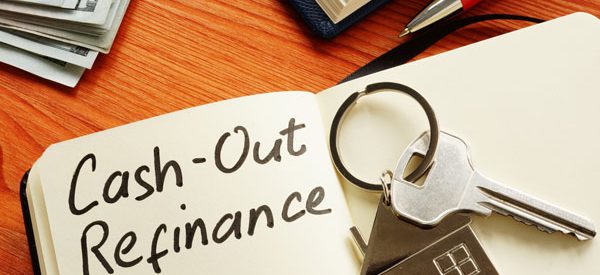
If you have an existing mortgage, you have equity in your home. Equity refers to the difference between the property value and your mortgage balance.
If your home has a market value of $300,000 and you owe $180,000 on your mortgage, you have an equity of $120,000.
Your equity goes up as you pay down your mortgage or the value of your home increases. The $120,000 equity is a great source of funds you can use to pay down your debts earning high interest. You can choose to consolidate your debts by tapping into your home equity to pay them all off at once.
In Canada, consolidating debt into a mortgage requires breaking your mortgage agreement and rolling other debts such as payday loans and credit cards to get a lower interest rate.
When you have done this, the mortgage debt will increase and you will pay administrative fees of a couple of thousand dollars.
What are the advantages of debt consolidation?
· Simplify your payments for your debts with just one monthly payment
· Save thousands on interest payments
· Get peace of mind that your credit will not be damaged by bad debts.
This is especially helpful if you have been experiencing difficulties in paying off some of your debts.
There are some cons, too. First of all, your mortgage may be extended due to the increase in borrowed funds, and you will have to qualify for a new mortgage.
Factors to consider before debt consolidation

You need to carefully consider if debt consolidation is the best solution for your situation. Are the debts you want to consolidate going to be better if rolled into your mortgage? Will your cash flow improve with just one monthly payment? Are you going to be saving money in the long term?
These are just some of the questions you need to answer before deciding to consolidate debts into your mortgage.
You will also have to consider if you will qualify for a new mortgage under the new mortgage rules. The mortgage stress test in Canada uses higher interest rates to check if you can pay your mortgage should rates increase.
Then there is the question of the penalty fees for breaking your mortgage, legal fees, and probably CMHC premiums (mortgage default insurance).
In the end, you will have to calculate whether you will still be saving money and improving your financial health after paying the costs of breaking your mortgage.
You can get valuable advice and compare offers for debt consolidation, free of charge, from our partner mortgage brokers.
Fill out the form on this page to receive free and no-obligation quotes!
The risks of consolidating debt into your mortgage
There are significant benefits to consolidating debt into a mortgage and refinancing to transfer your high-interest loans and save money.
But this move also comes with a few risks. We want to make you aware of these risks to ensure that you are moving in the right direction.
Your mortgage will be extended.
If you only have a few more years before paying off your mortgage and owning your home, debt consolidation will extend your repayment schedule.
While you will be eliminating your credit card debts, you won’t be debt-free immediately.
You will lose your home equity.
It took you a few years to build your home equity with mortgage payments to your lender. Home equity is a good source of fresh funds but it is not unlimited. If you use it to consolidate your debts, you may not have equity left for emergencies in the future.
You could lose your home if you fail to pay your mortgage.
By consolidating your debts into your mortgage, you are increasing your mortgage loan and your monthly mortgage payments.
Keep in mind that if you fail to pay your mortgage, you could lose your home.
Debt consolidation into a mortgage can be a perfect solution for many people but it isn’t for everyone. You must do your own research and get professional advice from licensed financial advisors.
Fill out the form below and connect with top brokers in your area to receive
free and no-commitment offers!
How much can I borrow against my home equity?

Under Canada’s regulations, you can borrow up to 80% of the appraised value of your home. From this amount, you have to deduct:
· The balance of your mortgage
· Remaining home equity line of credit (HELOC) if you have an existing one
· Other loans secured against your property.
Your mortgage lender may refinance your home with any of the following:
· A Home Equity Line of Credit (HELOC)
· A second mortgage
· A loan with your home as collateral.
The interest rates and other fees for refinancing your home will be different from the original mortgage agreement. The administrative fees could include:
· Appraisal fees
· Title search
· Title insurance
· Legal fees
· CMHC premiums (mortgage default insurance)
Legal fees are incurred because the lender has to change the terms of the original mortgage contract.
Check out the table below to compare your options using various products for refinancing that are offered by lenders.
Options for home equity loans for debt consolidation
Compare your options to decide which loan is most suitable to your needs. Make sure to compare the features of these options.
You can also consult with our partner mortgage brokers to find the best terms and lowest interest rates.
|
|
|
| |
|
|
|
|
|
|
|
|
|
|
|
|
|
|
|
|
|
|
|
|
Not all lenders offer home equity options for financing. You can ask your lender or get the best offers from a reputable and experienced mortgage broker.
Get free and no-obligation quotes using our short online form today!
Compare multiple offers from licensed and experienced mortgage brokers near you.
Costs for mortgage refinancing to consolidate debts
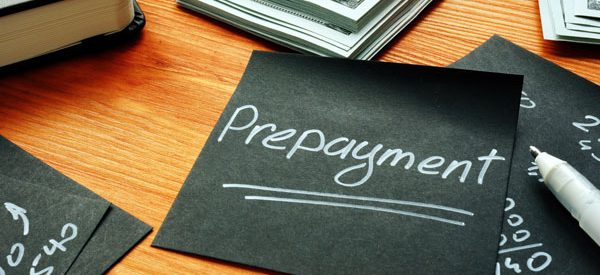
You have to pay home appraisal fees, mortgage registration fees, legal fees, and prepayment penalties (if you are breaking your mortgage).
The mortgage discharge fee can be avoided if you don’t switch lenders.
To save on expenses, you can wait until the end of your mortgage term to refinance so you don’t have to pay prepayment penalties.
You can get a better idea of what the costs are below.
Legal/Notarial Fees
A real estate lawyer will be required for the documentation for refinancing. Lawyers charge from $750 to $1200 for this service.
Appraisal Fee
The lender will require a new home appraisal to determine the current value of your home and estimate how much you can borrow (not exceeding 80%). A home appraisal costs from $300 to $500.
Mortgage Registration
A new lien will be registered on your mortgage. Each province may have a different fee. In Ontario, the cost is about $77 while Quebec charges $146. In British Columbia, the charge is about $5 for every year.
Prepayment Penalties
Depending on the type of mortgage and your lender’s policies, you may need to pay prepayment penalties for refinancing your mortgage.
Depending on the size of your mortgage and how early you are pre-terminating it, the penalties can be above a thousand dollars or much more.
Mortgage Discharge Fee
A mortgage discharge fee is needed if you are switching lenders. It can cost anywhere from $200 to $400 as each province may charge a different fee for this.
Calculate the costs of refinancing your mortgage to determine if this strategy works for you.
When does consolidating debt into your mortgage make sense?
Many homeowners refinance their mortgage to consolidate high-interest debt. Consider the scenario below to see whether mortgage refinancing makes sense in your case.
The idea is to compare the cost of your other loans versus the cost of refinancing your mortgage.
For example, you have a mortgage of $400,000. The current mortgage rate is 3%. Your home now has an appraised value of $850,000.
On the other hand, you have a credit card debt of $100,000 with an interest rate of 20% and a personal loan of $50,000 with an interest rate of 7%.
If you refinance your mortgage, you can borrow up to $280,000 at an interest rate of only 3%. The amount is enough to pay off your credit card debt and personal loan with higher interest rates.
If you don’t refinance your mortgage, you will be paying for these two debts:
· (Credit card debt): $100,000 x 20% is $20,000 a year on interest
· (Personal Loan): $50,000 x 7% is 3,500 a year on interest
Put together, you would pay a staggering $23,500 a year for interest only on these two debts!
If you refinance, you can borrow $150,000 and pay only $4,500 on interest. You save $19,000 a year on interest payments.
In this type of scenario, it makes sense to refinance your mortgage to consolidate your debts.
Getting approved for refinancing for debt consolidation
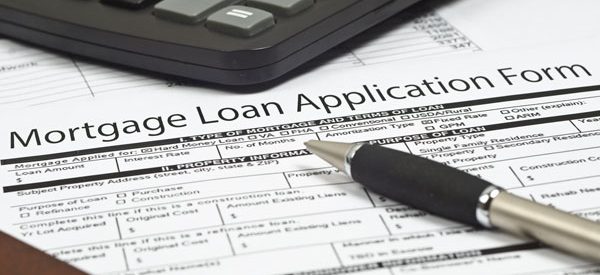
Refinancing your mortgage is a long-term commitment and one that you must give serious consideration.
Before approaching your lender, you must decide if you have good reasons for applying for refinancing.
Some of the most common reasons are:
· For home renovation
· For buying another property
· For children’s educational expenses
· For business opportunities or investment
· For consolidating debts
Your credit rating matters a lot when applying for a mortgage. Lenders will determine how good you are with managing your funds and if you are reliable in your payments.
If your credit score is low, you are considered a risk and you may be declined. If you have problems with your credit, fix any negative issues before applying for refinancing.
This is one of the reasons why hiring a mortgage professional from our network is highly advisable!
With a mortgage broker, you can apply for refinancing with an expert by your side from start to finish. He will gather documents needed for your loan application and submit to lenders for evaluation.
He will shop around for the best option for you and negotiate terms and rates that would benefit you significantly.
Compare today multiple offers from our reliable mortgage partners with just one form!
FAQs on Debt Consolidation into a mortgage
We know that refinancing a mortgage for debt consolidation can seem daunting and scary! We want to provide you with as much information as you need.
Please refer to the FAQs below to guide you in your decision-making process.
What does mortgage refinancing do?
Mortgage refinancing allows you to tap into your home equity, get a lower interest rate for your mortgage, or consolidate debts into your mortgage.
What steps must I follow before debt consolidation into a mortgage?
There are steps you need to follow before consolidating your debts into your mortgage. Make sure to crunch numbers, obtain and review multiple options, consult a mortgage professional from our network, review and understand the terms of your new mortgage agreement before signing it.
When you have done all these steps, you are ready to consolidate your debts with your mortgage.
How much can I borrow with mortgage refinancing?
You can borrow up to 80% of the appraised value of your property minus the balance of your mortgage. The final approved amount will depend on your lender’s evaluation of your capacity to pay.
If your home’s appraised value is $1,000,000 and your mortgage balance is $650,000, you can borrow a maximum of $150,000 with mortgage refinancing.
What option is advisable if I don’t need to borrow a large amount right away but want to have funds available to use?
A home equity line of credit (HELOC) gives you access to funds using your home equity. You only pay for the amount you actually use. It works as a revolving credit, much like a credit card.
How can I use mortgage refinance to borrow funds?
You can use the equity in your home to borrow additional funds from your lender or another lender. This will mean breaking your mortgage unless you do it at the end of the term. You can get up to 80% of the appraised value of your property minus the current mortgage balance to use as you wish.
Can I refinance my mortgage to consolidate debts?
Yes, you can refinance your current mortgage to borrow more funds and use it to pay off other loans with higher interest rates.
Is it a good idea to consolidate my credit card debts into my mortgage?
Consolidating credit card balances into your mortgage can be advantageous because credit cards have higher interest. If you have significant credit card debt, you can get debt relief by refinancing your mortgage. Just make sure not to use your credit cards again and accumulate more debt after you have paid them off.
Can a mortgage broker help me consolidate my debts?
If you have a mortgage or want to obtain a new mortgage to consolidate debts, a good mortgage broker will be a big help. He can give you valuable advice and help you find the best mortgage options to meet your goals.
What are mortgage refinance rates?
Rates for mortgage refinancing are usually higher than rates for buying a new home or for mortgage renewals. This is because mortgage refinancing is riskier for lenders as you borrow more funds and use up your equity. They can also be variable or fixed rates depending on the lender and mortgage product.
Is it advisable to refinance a mortgage to pay for a home renovation?
Home improvements can increase the value of your home and improve your quality of life. A mortgage refinance is advisable if your renovation costs a lot of money such as $80,000 or more. You can get a home equity line of credit to use for this purpose.
If the cost of your renovation is low, it does not make sense because of the costs associated with refinancing your mortgage.
Is a mortgage refinance the same as a HELOC loan?
These two products are similar in the sense that a homeowner can borrow against home equity. There are, however, major differences in the features of these products.
A HELOC is an account with a revolving credit you can borrow money from at any time. You pay only for the portion of the line that you actually use. Once you pay it back, you can borrow again.
When you apply for mortgage refinance, the lender will provide you with a lump-sum amount with monthly mortgage payments.
Is it difficult to get approved for mortgage refinancing by a bank?
It may be more difficult to get approved for mortgage refinancing than a mortgage renewal. You will need to qualify for a new mortgage. A mortgage professional from our network can work with you to get you approved for mortgage refinancing.
Find mortgage professionals for debt consolidation

Make it easier to apply for mortgage refinancing for debt consolidation with the help of our mortgage partners!
Reliable and experienced brokers in our network will give you professional advice so you can map out an effective and practical strategy for consolidating debts into your mortgage.
If it is a smart financial step for your situation, a mortgage broker will shop around for the right lender and mortgage solution to suit your needs!
Get answers to your questions about applying for mortgage refinancing or mortgage rates from licensed professionals in Ottawa, Toronto, Quebec, Montreal, Calgary, and anywhere in Canada!
Find out more about mortgage refinancing by connecting with our mortgage partners
by filling out the short online form below!
Comments are closed.
Copyright© 2025 Compare Home Quotes.
Oolong Media





